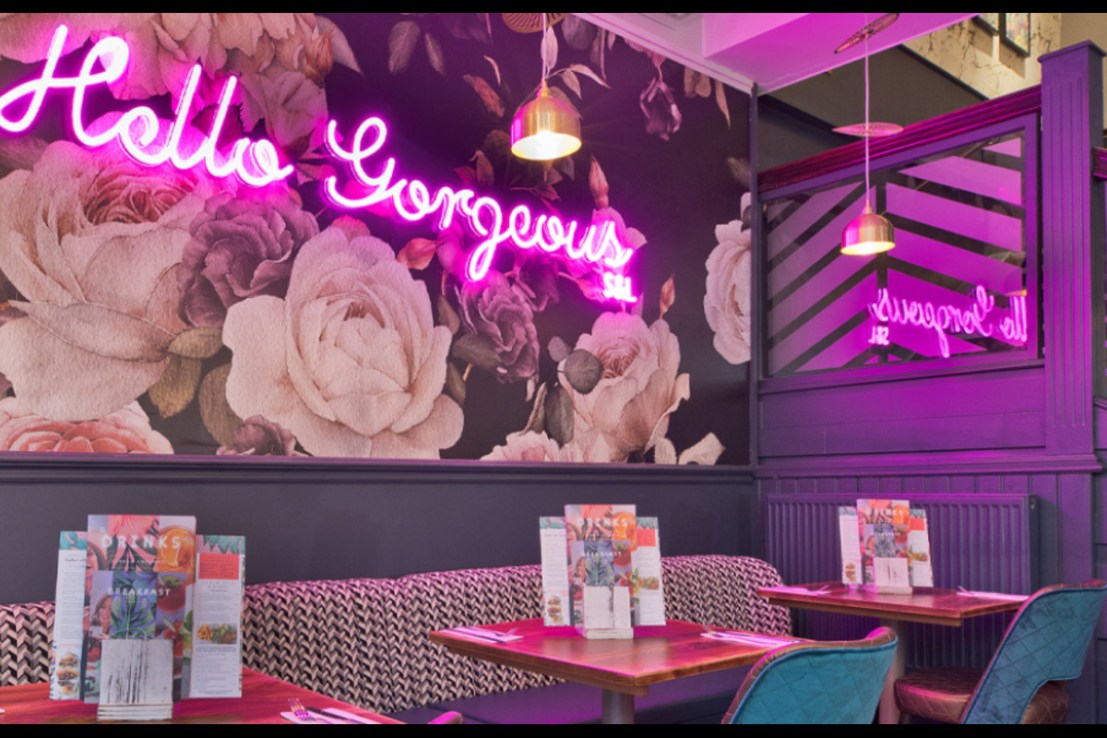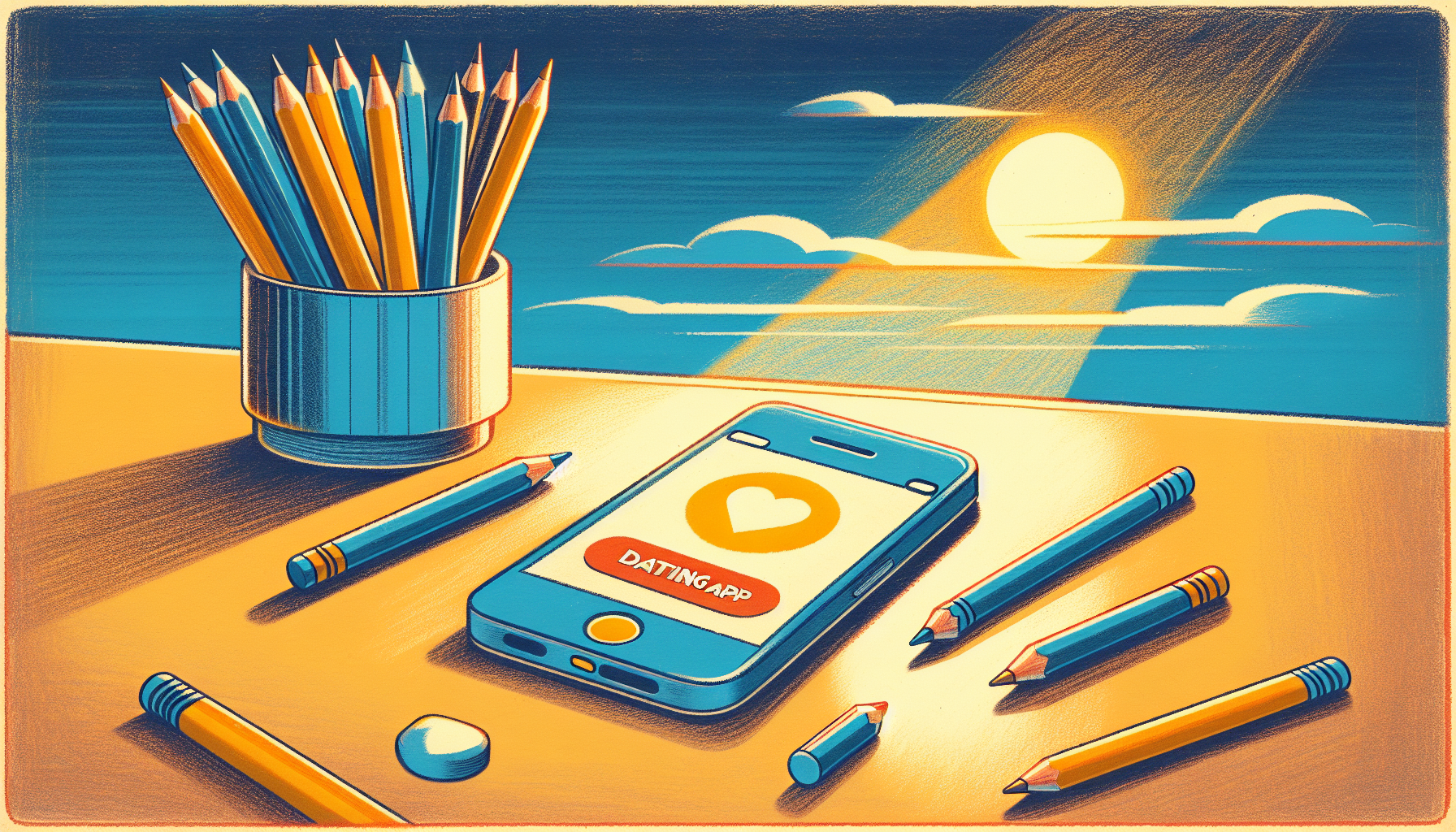
While the majority of tech platforms aim to retain user interest, Hinge adopts a unique approach: it seeks to remove itself from your device altogether.
Launched again in 2016 under the ownership of Match Group, Hinge positions itself as an alternative to the swipe culture. Featuring a minimalist interface, carefully chosen prompts, and the slogan “the app made to be uninstalled,” Hinge has set itself apart in the online dating landscape.
The app has experienced steady growth, showing notable increases in the UK, US, and Europe over the past year. In the UK, it is outpacing Tinder in installation growth, according to mobile analytics firm data.ai, a remarkable feat considering Tinder’s long-established supremacy.
“Our goal is not to keep you on the app,” said Jackie Santos, Hinge’s Chief Marketing Officer, to City AM at South X South West London, “It’s to facilitate your departure.”
However, in an era marked by eroding trust in major tech companies and rising digital weariness, how can a platform thrive when its primary aim is to not be necessary?
The downturn in the app economy was confirmed in late 2024. Ofcom’s ‘online nation’ report indicated a decline in the utilization of significant dating apps such as Hinge, Tinder, and Bumble. While Hinge lost 131,000 users in the UK, Tinder and Bumble faced even larger losses of 600,000 and 368,000 users, respectively.
Match Group, which owns these applications, has announced a 6% worldwide cut to its workforce due to rising costs and slowing user growth, indicating a shift in generational preferences. Gen Z users lean towards a “less pressured, more genuine” dating experience.
This change is reflected in behavior; a survey from Axios and Generation Lab revealed that 79% of Gen Z students in the US use dating apps less than once a month.
Jantos points out that while Tinder popularized swiping, Hinge emphasizes comprehensive user prompts and a more “intentional onboarding process.” “Our design is deliberately slow,” Jantos told City AM. “This fosters a space for reflection, prevents fake profiles, and promotes authentic self-presentation.”
Behind Hinge’s seemingly user-friendly layout lie the same algorithms powering the industry. Critics caution that these algorithms may perpetuate social inequalities, including racial biases and class preferences.
In a podcast last year, Hinge’s creator Justin McLeod raised concerns regarding AI in dating. “The idea of AI companions,” he remarked, “is a direction we should steer clear of.” A July study by Forbes indicated that over 75% of Gen Z dating app users feel fatigued by these platforms. AI tools might offer solutions to mitigate such ‘datemin,’ or dating administration stresses.
Despite the potential advantages, the danger of further automating intimacy might undermine the pursuit of authentic connections.
Hinge remains a profitable business, reporting $550m in revenue last year, with a 38% increase year-over-year, according to Match Group data. The app relies on optional premium memberships and in-app transactions for income.
Critics contend that dating apps represent a commercial contradiction: users generate more revenue by remaining single for longer. Match Group is currently facing a class-action lawsuit in the US, alleging its applications are “deliberately addictive,” as reported by The Guardian. The company denies these claims.
Hinge emphasizes sustainable development, even if user turnover is an aspect of its business model. Jantos asserts, “We’ve discovered that trust translates into long-term value. Our expansion originates from users recommending us to their peers.”
The rise of AI technology and demands for greater transparency have heightened discussions surrounding identity verification and accountability. Jantos acknowledged the necessity for adaptation in this rapidly changing arena, customizing safety protocols to the distinct regulatory environments of the UK and US markets.
In the UK, Hinge’s growth correlates with rising feelings of loneliness among young individuals. The Office for National Statistics reveals that nearly 25% of 16-29-year-olds in London frequently experience loneliness. The lingering impacts of the pandemic and digital age have created conditions for platforms offering



